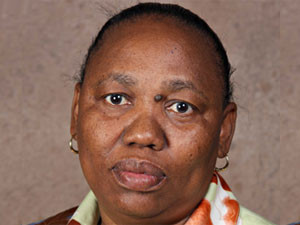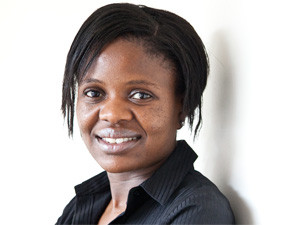
Limited and expensive connectivity, as well as the reluctance of network operators to implement the e-Rate, are the main reasons why e-education has not yet been implemented in SA.
This is according to minister of basic education Angie Motshekga, in a reply to a parliamentary question posed by Democratic Alliance (DA) shadow minister of education Annette Lovemore.
Motshekga delivered the e-education White Paper in August 2004, which stated its goal was "to ensure every South African learner is ICT-capable by 2013". Yet a recent basic education portfolio committee report shows less than 18% of schools are ICT-connected. During delivery of the report, the Department of Basic Education (DBE) reportedly admitted that not one deadline within its ICT implementation strategy had been met.
According to Motshekga, a draft revised e-education implementation plan has now been developed that aims "to integrate ICT into all levels of the education and training system in order to improve the quality of teaching and learning". She states, however, there is no amended timeframe attached to the achievement of the goal as outlined in the 2004 e-education White Paper.
The same portfolio committee report shows 32% of SA's teachers have been trained in basic computer skills - 3% of Limpopo teachers and 9% of Eastern Cape teachers have received such training.
Motshekga says the DBE is engaged in efforts to ensure teachers are trained to integrate the use of ICT in the teaching and learning process. "Guidelines for teacher training and professional development in ICT [have been] developed and distributed to provinces and other training agencies. Provincial education departments are responsible and conducting training of in-service teachers in ICT competencies."
Other options
IDC analyst Spiwe Chireka says the high price of connectivity is undoubtedly a challenge for e-education implementation, but is not an impassable barrier. "There is a very strong drive by service providers to get public sector type clients and they are usually willing to negotiate a favourable tariff. So yes, connectivity prices are a problem, but there are options government can look into."

Chireka also points out that Internet connectivity is merely one aspect of e-education. "Getting computer literate does not require the Internet, yet I would assume most learners are not [computer-literate]." She notes that device penetration in schools is still weak and something the DBE should focus on. "There are a lot of e-learning options that are not Internet-based, like tablets that already have all the e-education programs installed. Has government considered the options?"
Well-defined milestones in the implementation are critical, says Chireka. "ICT in education has become critical. If this [e-education] target could be reached yesterday, that would be ideal."
Share